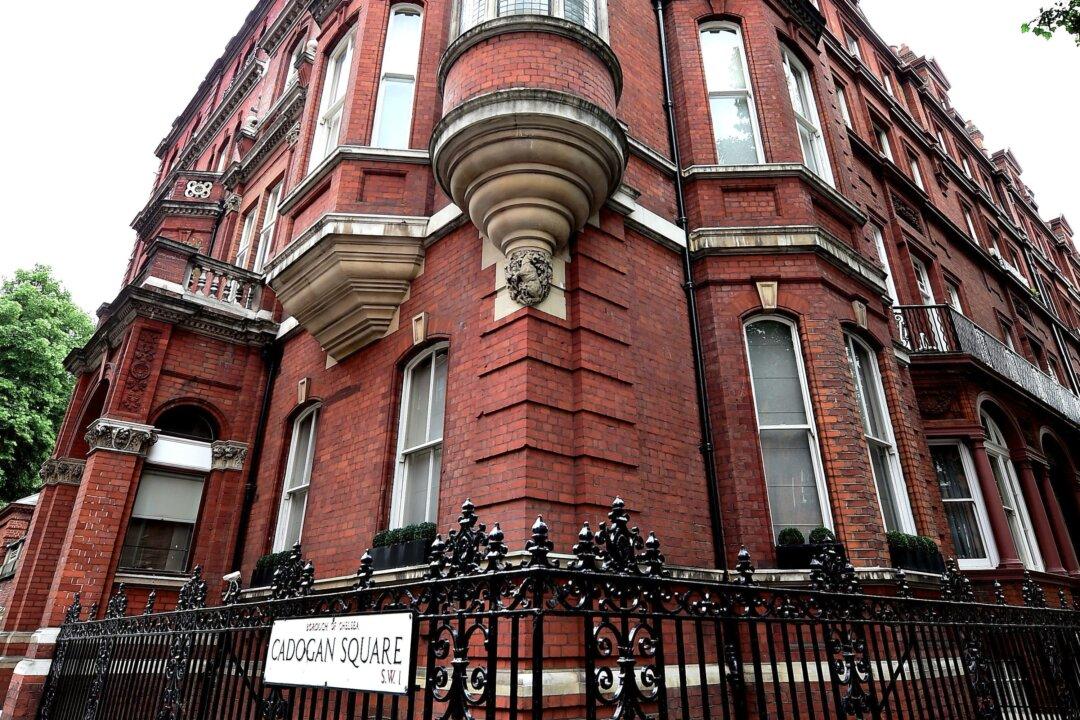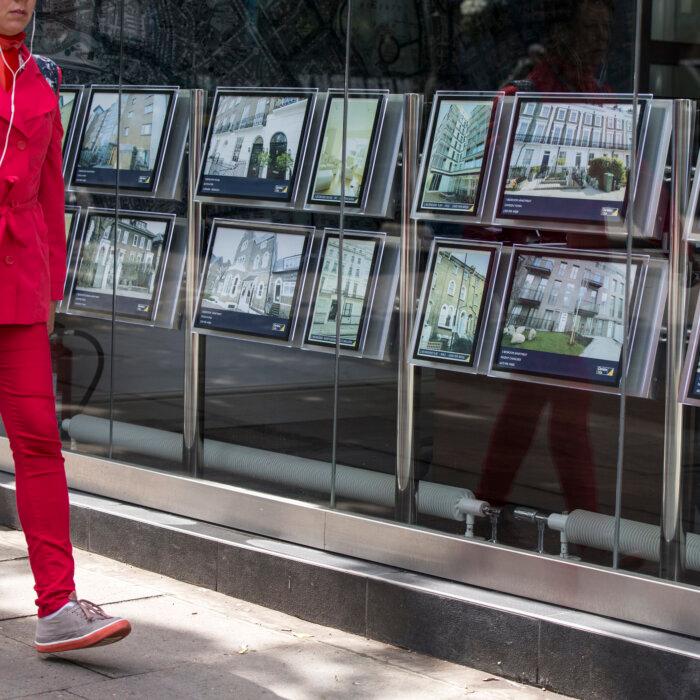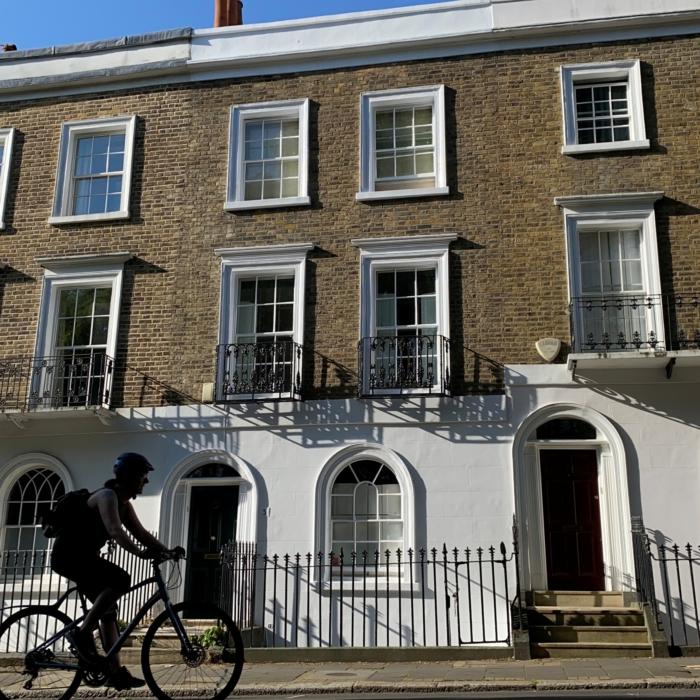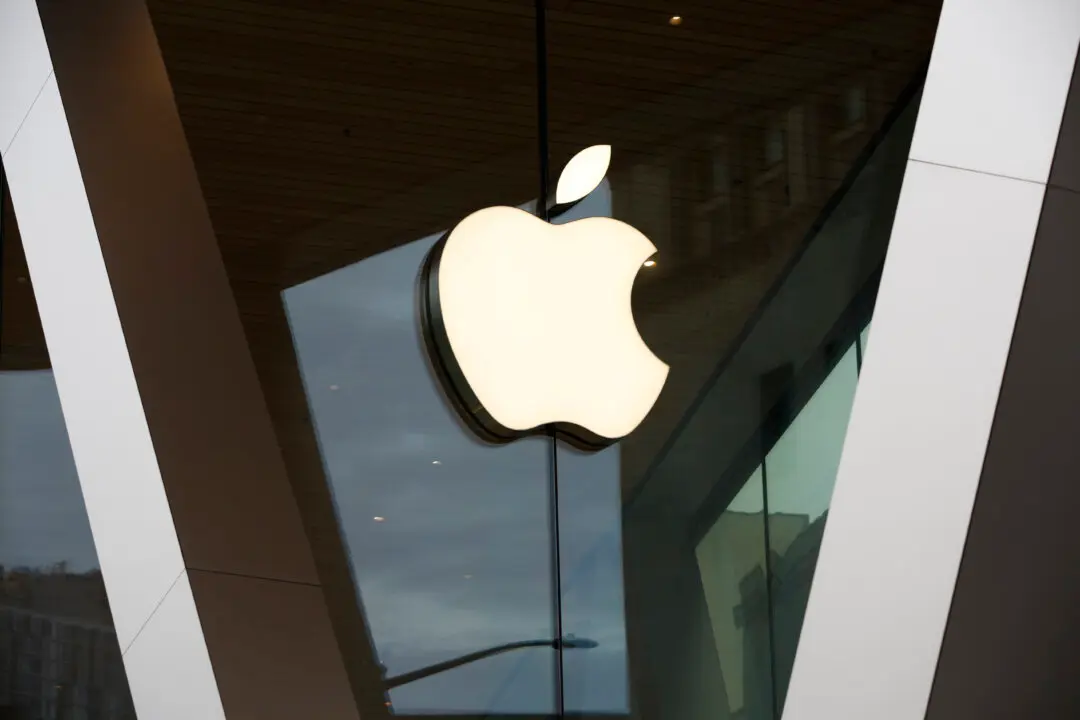London streets, including one near Buckingham Palace, have topped the list of the most expensive locations in the country.
According to Rightmove, the priciest properties this year are located at Buckingham Gate in central London, with the highest average asking price listed at £9,633,333.
Buckingham Gate is close to Buckingham Palace and St. James’s Park.
Other London areas on the list include Holland Park, St. John’s Wood, Maida Vale, and Knightsbridge, where property prices range from £4,834,500 to £6,332,000.
Outside the capital, the streets with the highest property prices are in Surrey, Hertfordshire, Essex, and Leicester. A home in Old Avenue, Weybridge, in Surrey was listed for £2,633,333.
Rightmove said the most expensive properties were often attracting the most views on its website.
“London’s status as the hub of luxury property in the UK remains unchallenged, with Buckingham Gate in Westminster commanding the highest average asking price,” said Rightmove property expert Tim Bannister.
“Although the possibility of buying one of these homes is limited to a very lucky few, there’s clearly a fascination with these prestigious homes as we find they’re often among our most viewed properties on Rightmove,” he said.
For tenants prepared to splash on the most expensive rents in London, the portal listed Albion Street in Bayswater, where the cost went up to £20,857 a month. Other London streets with the most expensive rents include Pavilion Road in Knightsbridge and Duke Street in Mayfair, with £15,251 and £14,441 a month rent prices.
Struggling Buyers
While those scouting property websites may be attracted by the most luxurious options on the market, this doesn’t reflect the purchasing power of average Britons.One in five respondents said they were unlikely to afford a home until their 40s. This represents a hike on the current average first-time buyer age of 33.
Buyers said they struggled to save for a deposit and find a suitable property in their price range. The survey revealed that 14 percent of respondents found it difficult to afford monthly repayments, while one in ten pointed to the inability to borrow enough for the mortgage.
In March, the Bank of England (BoE) held interest rates at 5.25 percent. BoE Governor Andrew Bailey said more evidence of inflation easing was necessary before interest rates could be lowered further.
As a result, Britons are more likely to be deterred from getting on the housing ladder.
In the 12 months to January, private rental prices paid by tenants in the UK rose by 6.2 percent. The annual increase was the highest in Wales (7 percent), followed by England (6.1 percent), and Scotland (6.8 percent.)







